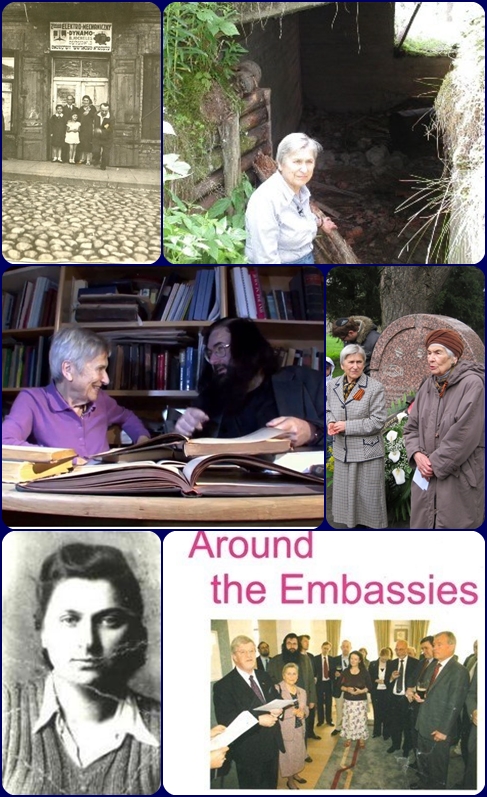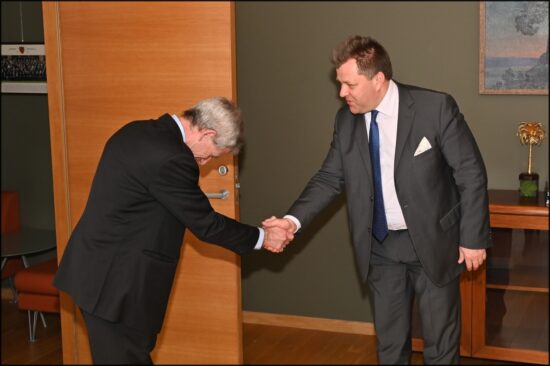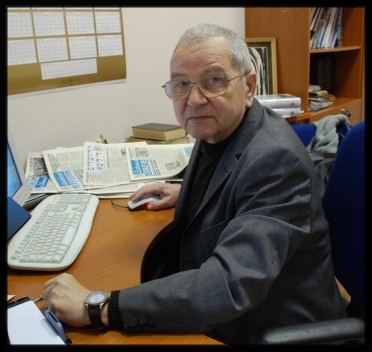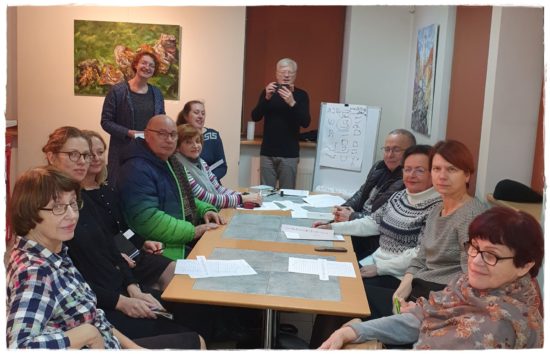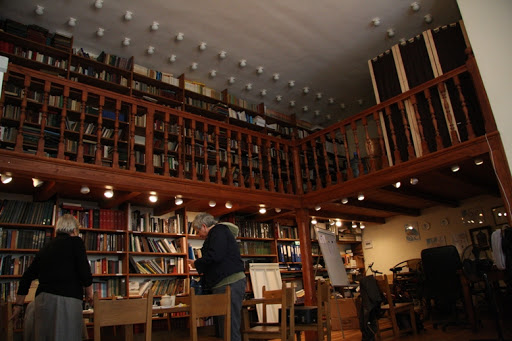OPINION | LITVAK AFFAIRS | YIVO | YIDDISH AFFAIRS
◊
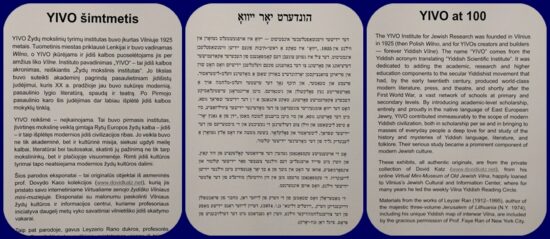
Introduction (in Yiddish, Lithuanian, and English) to the exhibit honoring Yivo’s centennial at Vilnius’s Jewish Cultural and Information Center in the heart of the city’s Old Town
◊
by Dovid Katz
It is heartwarming to see the widespread celebration of Yivo’s centenary this year, which is ipso facto a celebration of sophisticated Yiddish language culture in all its many branches. May the year’s events lead to ever more inspiring projects, particularly those that in the spirit of the Vilna Yivo will be carried out in Yiddish, strengthening living Yiddish as a vibrant means of communication, including the higher registers of scholarship and literature, for the generations to come, in accordance with Yivo’s raison d’etre. Although a researcher and teacher with a lifelong affiliation with Yivo and all that it means, I fully, to be honest, expected — as a critic of the present Yivo leadership’s participation in Holocaust obfuscation projects by a certain powerful establishment in Lithuania — to be excluded (not informed, not invited to submit a paper topic) by the recent Yivo conference in Vilnius and its eminent local partners.



